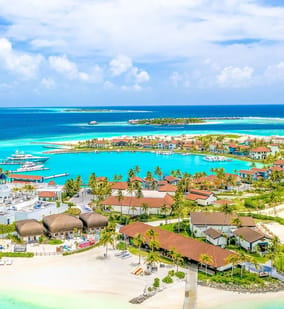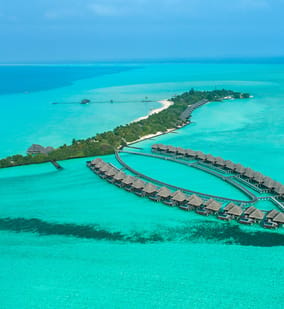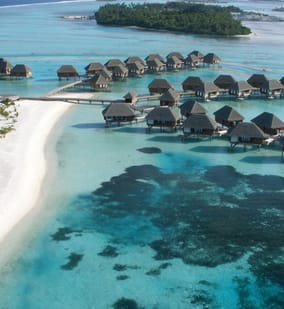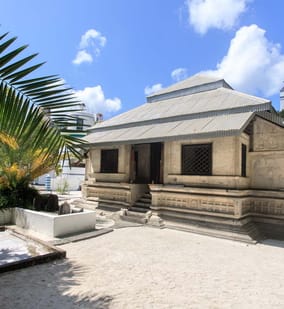UN report shows Maldives has leapt ahead in human development
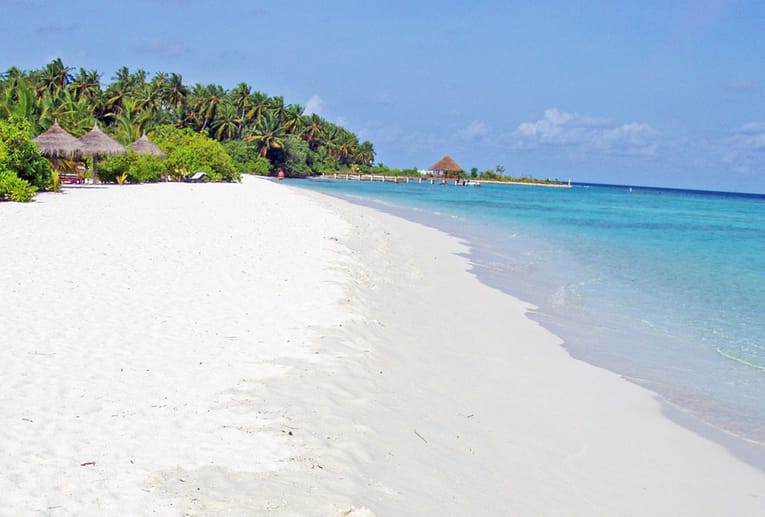
The wellbeing and development of the people of The Maldives has jumped ahead over the past two years, according to a new report from the United Nations.
The Maldives has moved up several places in the Human Development Index (HDI), which calculates a nation’s progress in health, education and living standards.
The United Nations Development Programme (UNDP) has been calculating the Human Development Index for 32 years. The latest report shows that while 9 out of 10 countries have fallen backwards from previous levels The Maldives has leapt ahead, ranked at 90 out of 191 countries and territories in 2021, up from 97 in the 2020 report.
The Maldives's HDI value for 2021 reached 0.747— which put the country in a high human development category. Since 1995 Maldives's HDI value has increased by almost a third, from 0.582 to 0.747.
The increase in the HDI value for the Maldives in 2021 is a result of improvements in key HDI measurement indicators: life expectancy at birth from 78.9 to 79.9 years, expected years of schooling from 12.2 to 12.6 years, and mean years of schooling from 7 to 7.3 years.
Gross National Income (GNI) per capita reduced from $17,417 to $15,448, impacted by the economic contractions of the Covid-19 pandemic. There is also still work to be done in closing a gender gap, as the 2021 female HDI value for Maldives is only 0.709 compared to 0.766 for males.
Globally, the picture is not so positive. The HDI has declined across the world for the first time – for two years in a row. This suggests human development has fallen back to its 2016 levels, reversing much of the progress made towards the UN’s Sustainable Development Goals.
The reversal is nearly universal as over 90 per cent of countries registered a decline in their HDI score in either 2020 or 2021 and more than 40 per cent declined in both years.
The UNDP says this is symptomatic of a wider crisis, fuelled by the disruption and devastation of the Covid-19 pandemic and war in Ukraine, along with sweeping social and economic shifts, dangerous planetary changes, and massive increases in polarization.
“Even before COVID-19 hit, we were seeing the twin paradoxes of progress with insecurity and polarisation. Today, with one-third of people worldwide feeling stressed and less than a third of people worldwide trusting others, we face major roadblocks to adopting policies that work for people and planet,” says Achim Steiner, UNDP Administrator. “This thought-provoking new analysis aims to help us break this impasse and chart a new course out of our current global uncertainty. We have a narrow window to re-boot our systems and secure a future built on decisive climate action and new opportunities for all.”
While some countries are beginning to get back on their feet, recovery is uneven and partial, further widening inequalities in human development. Latin America, the Caribbean, Sub-Saharan Africa and South Asia have been hit particularly hard. The nations with the highest index scores in the 2022 report include Switzerland, Australia, Hong Kong, Germany and Ireland.
The HDI was created to emphasize that people and their capabilities should be the ultimate criteria for assessing the development of a country, not economic growth alone.





